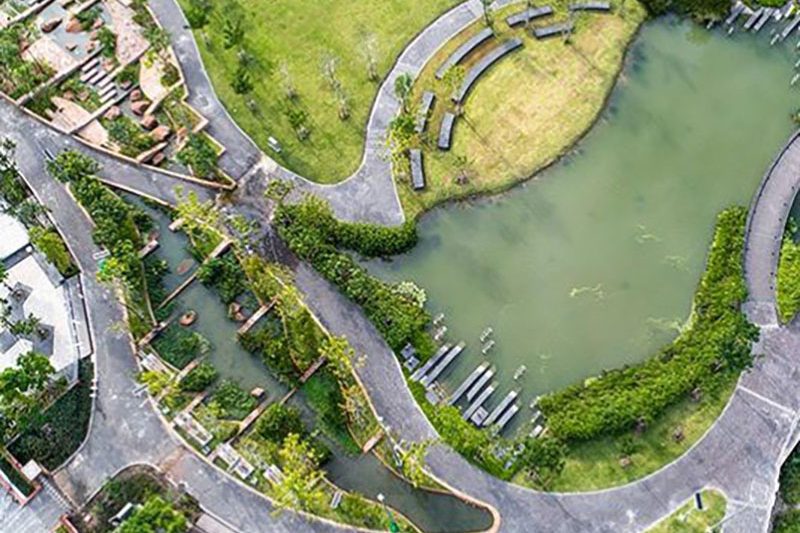Collaborating with Communities to Preserve and Enhance Ecosystems and Biodiversity of Plants and Animals.
Photo by Scotty Turner on Unsplash
As natural resources all over the world are coming under increasing threat, ecological diversity is the key to their preservation for the benefit of future generations. In the spirit of the vision of the late King Bhumibol Adulyadej, as related to Her Royal Highness Princess Maha Chakri Sirindhorn, Chulalongkorn University has been dedicated to conserving Thailand’s plant diversity.
King Bhumibol first pointed out the importance of the conservation of plant genetic resources in 1960, and in 1992 HRH Princess Sirindhorn assumed responsibility for fulfilling the Royal wish by launching a plant genetic resources conservation project. Chulalongkorn University has been an integral part of this important project since 1998, tasked with studying and expanding its work to the public.
The project is intended to train personnel in the conservation of plant species and ecological diversity, while also building up a body of research on conservation and development of natural resources for the benefit of the people. Its mission is especially important at a time when natural resources are under threat from population growth, which will result in increased utilization of resources for food, housing, energy and medicines, while technological and other advances affect resources and the environment.
The main task of the project is to study plant species and genetic diversity in different geographic environments of Thailand from mountainous evergreen forest to rainforest, deciduous forest, deciduous dipterocarp forest, lowland evergreen and mangrove forests.
At least 20,000 plant species that are found only in Thailand have been studied or are being studied. They include 1,200 species of mushroom, 300 lichens, 633 ferns, more than 1,000 orchid species and over 10,000 vascular plant species. Research in the different geographic environments has also been diversified to animal species including mammals, birds and reptiles, fish and invertebrates such as insects and mollusks, amphibians, protozoa and more.
Chulalongkorn University has been designated as one of the five networks of the Coordinating Center of the Plant Genetic Conservation Project under the Royal Initiative of HRH Princess Maha Chakri Sirindhorn (RSPG) of Thailand to support natural resource conservation by offering advice, coordination and helping to promote agencies in joining the Royal Initiative projects in relation to the agency’s mission such as supporting communities and local administrative organisations in response to the Royal initiative Natural Resource Base operation. It also supports schools and educational institutions in response to the Royal Initiative School Botanic Garden operation. [ http://www.rspg.or.th/ ]
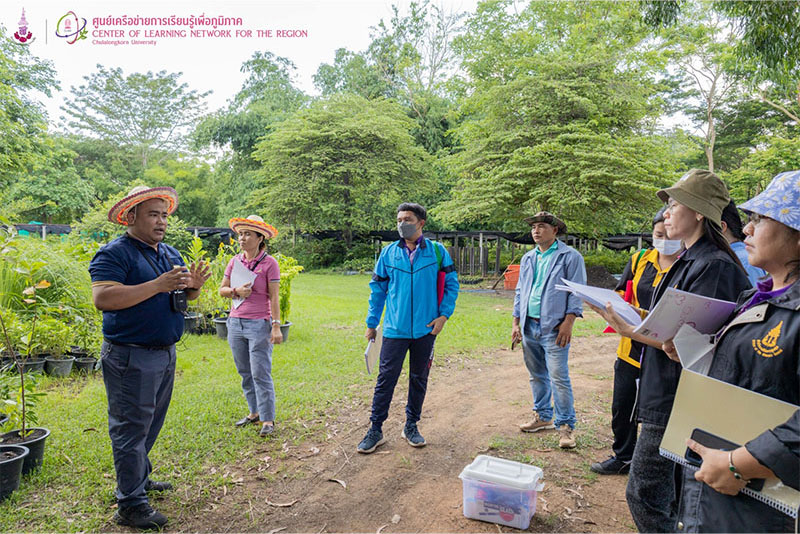
The university works closely with communities in central Thailand, especially in the provinces of Saraburi, Lopburi and Nakhon Nayok in order to conserve local resources which are 1) physical resources, 2) biological resources (plants, animals, microorganisms and fungi) 3) cultural resources and local wisdom systematically covering 6 tasks including:
- Task 1 To protect local resources
- Task 2 To Survey and collect local resources
- Task 3 To grow and reserve local resources
- Task 4 To preserve and utilize local resources
- Task 5 To be a local information and resource center
- Task 6 To support conservation and establish a local resource base.
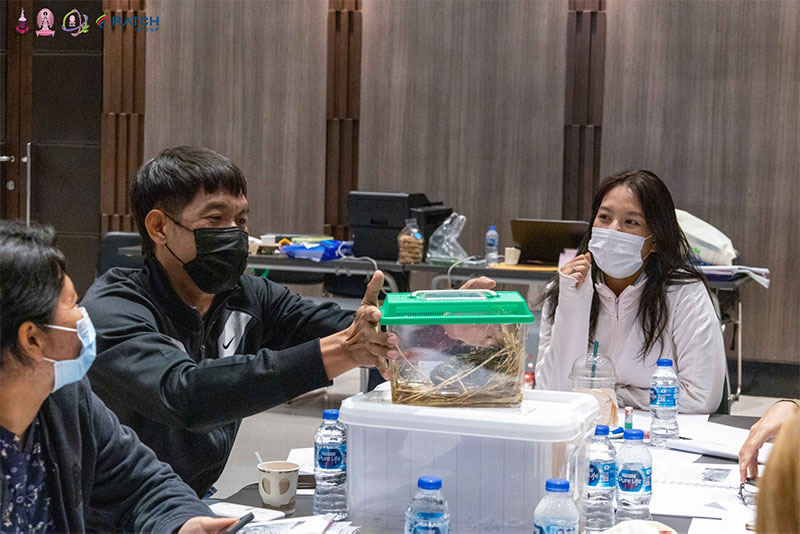
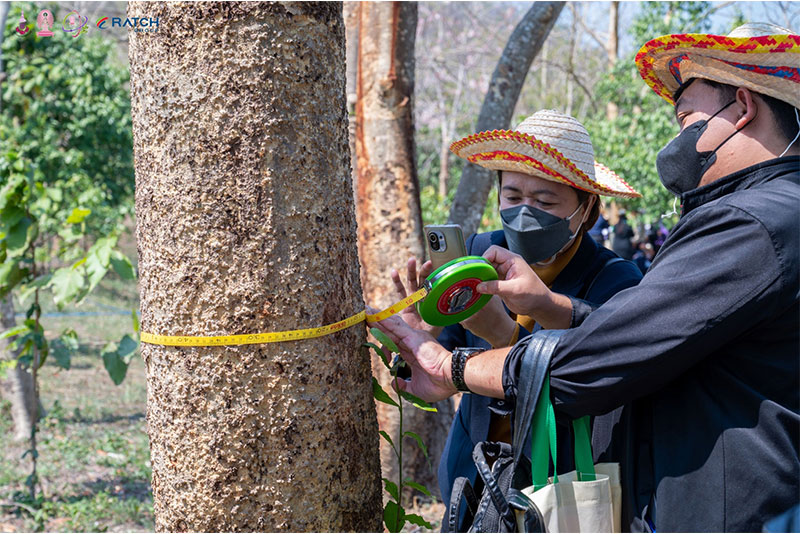
Notable work in 2023 is the collaboration between RSPG projects and the private sectors organising two workshops about all 6 local resources base tasks to personnel from local administrative organisations and educational institutions at Chulalongkorn University premises in Saraburi province. There were 96 participants from 54 different agencies.
The Coordinating Center of RSPG, Chulalongkorn University, also joining with Saraburi province organised an activity “Saraburi Responding to the Royal Initiative for Sustainable Development” to provide training and knowledge in driving local resource-based activities at both district and provincial levels. There were 16 training sessions offered to more than 1,480 participants from 109 local administrative organizations in 13 districts of Saraburi province. The consultation and giving advice services to local administrative organisations is on going.
Activities organized by the Coordinating Center of RSPG, Chulalongkorn University, to these agencies and educational institutions has helped to develop human resources to the local community. Therefore, the university is able to collaborate with the community to help preserve and enhance the ecosystem and biodiversity of plants and animals, especially the ecosystems at risk due to the urban development in Central Thailand.
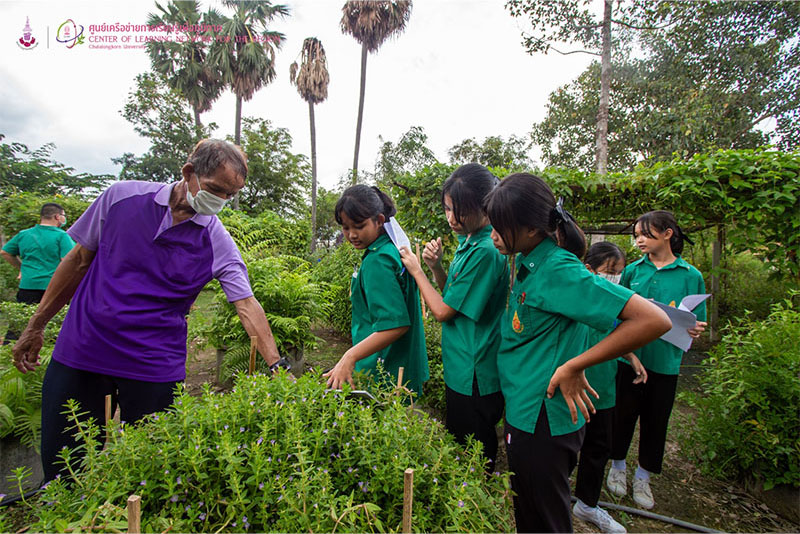
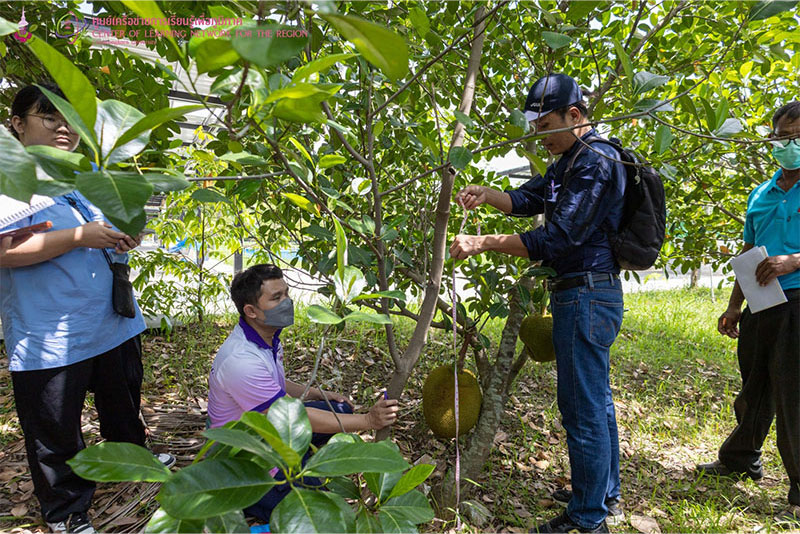
Details of various activities can be viewed at:
- https://clnr.chula.ac.th/index.php/activities-2566/728-66025-s07
- https://clnr.chula.ac.th/index.php/activities-2566/745-saraburi-activity-014-2566
- https://clnr.chula.ac.th/index.php/activities-2566/780-66077-s21
- https://clnr.chula.ac.th/index.php/activities-2566/814-66111-s37
- http://www.saraburi.go.th/rspg/
- https://www.ratch.co.th/th/rspg
BY
- Faculty of Science, Chulalongkorn University
- Center of Learning for the Region (CLNR), Chulalongkorn University
Related SDGs
Others
Boosting Good Health at Chula
CU Sports Center offers great variety of exercise activities to students, faculty, staff and the public


